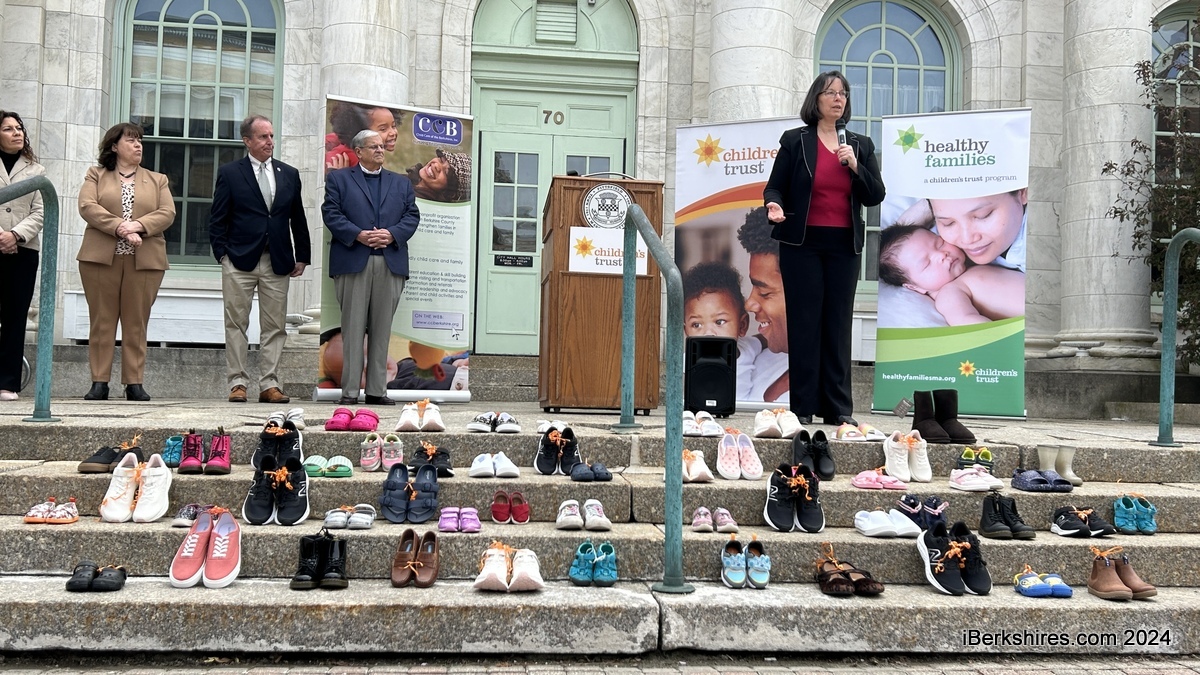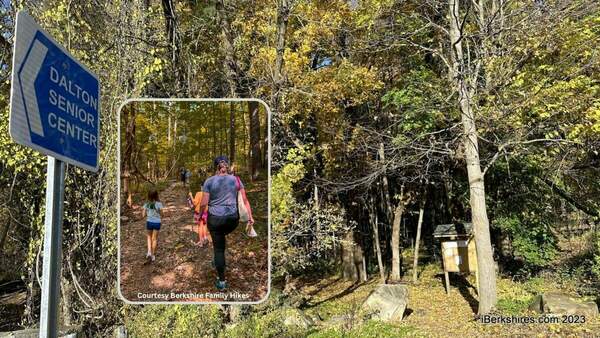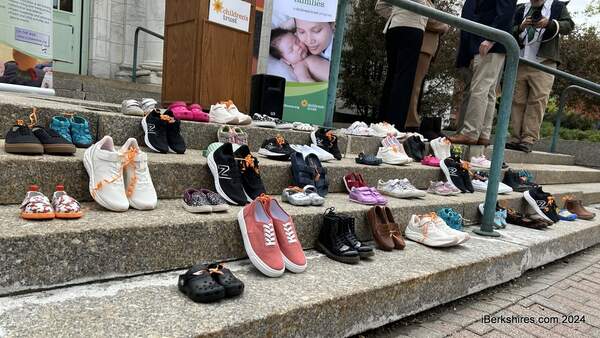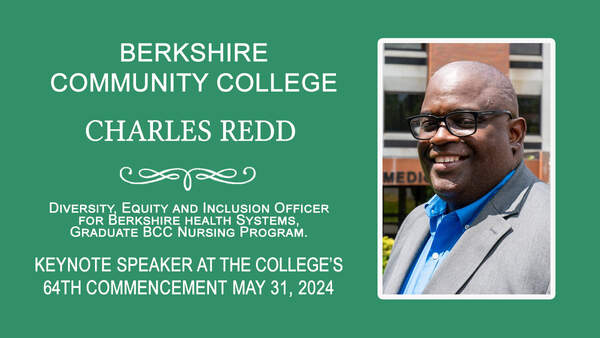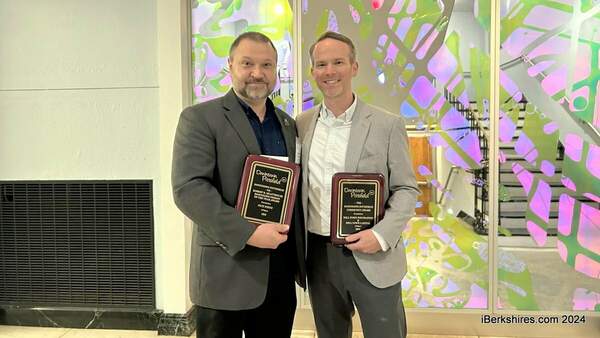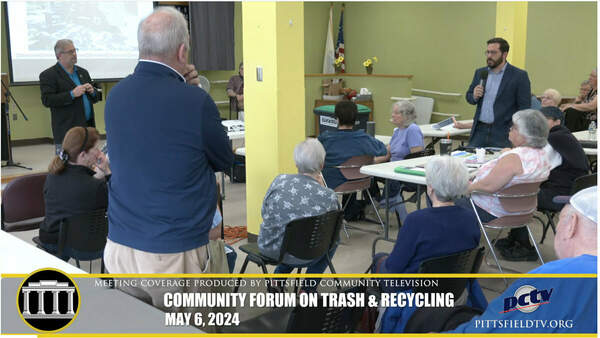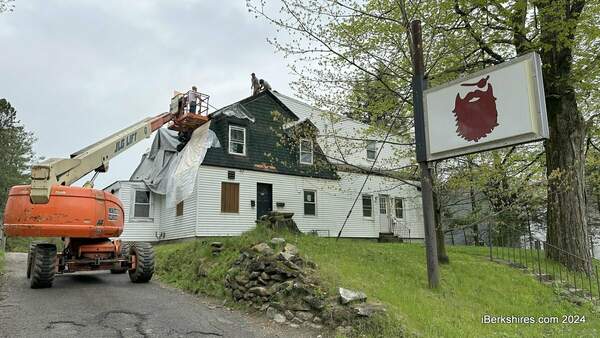Pittsfield Health Board Continues to Tackle Tobacco Regulations
PITTSFIELD, Mass. — The Board of Health is closer to ending its review of the city's tobacco ordinance that has not been amended since early 2019.
The panel deliberated a revised policy for the third time last week and expects to have a final draft at its next meeting. Following an affirmative vote, the draft will be subject to a public hearing.
Tri-Town Health Department Director James Wilusz came to the board in May to give an update on tobacco control, warning the panel that products can slip through the state's regulations without specific guidelines.
The department has been administering a tobacco awareness program since 1994.
He gave the panel a slate of recommended amendments to the city's tobacco regulations, which the board has discussed at its last few meetings. The two main suggestions address the products that are overlooked in state bans and "smoking bars."
Board members were concerned that the city would struggle to enforce tighter product regulations and speculated that smoking bars are already banned in Pittsfield. They did not formally vote to do away with the suggestions.
Products that are restricted by local or state law include tobacco flavors and enhancers and warrant a $1,000 fine to the retailer. Wilusz explained that there are other products such as flavored rolling papers and hemp products that are not captured by the restrictions and reside in local stores.
The town of Adams became the first in the state to outlaw these products and Dalton, Lee, Lenox and Stockbridge are not far behind.
Wilusz said the board could make specific bans for the products or let retailers know that they will take the next year or so to monitor compliance checks, inspections, and education and if there is an influx of fines, a ban can be addressed later on.
Board members supported the effort but feared the Health Department may not be able to keep up with enforcing it. Director of Public Health Andy Cambi shared their sentiments, suggesting that the city could wait for emerging youth data in relation to the products.
There was some question about the recommendation to ban smoking bars within city limits, as smoking is already banned in all bars. Board member Brad Gordon said it is "clear in the city ordinance that we do not allow tobacco bars.”
A smoking bar, as defined in the city's regulations, is an establishment that primarily is engaged in the retail sale of tobacco products for consumption by customers on the premises and is required by state law to maintain a valid permit to operate a smoking bar issued by the state Department of Revenue.
It includes but is not limited to establishments known as "cigar bars" and "hookah bars."
In its environmental smoke regulations, Pittsfield does not allow smoking in smoking bars but the city does not prohibit smoking bars.
Wilusz said the intent of Pittsfield's ban is for environmental air quality issues.
"It's really your discretion if you want to not allow smoking bars on the other regulation,” he added. "Because what would be the incentive for allowing a smoking bar if you can't smoke inside of it on another resume of regulation that conflicts?”
BOH members asked if the ordinance could be made unambiguous to clearly prohibit smoking bars so there is no conflicting language.
Wilusz agreed and said that in his opinion, the board should focus on restrictions and deal with that down the road because it might be too much confusion.
Cambi pointed out that there was a barber shop that wanted to have a cigar membership a couple of years ago. This ban would take that off of the table.
"Some municipalities have got themselves in a lot of trouble because they never really addressed smoking bars," Wilusz said.
"Then all of a sudden you got an application at the Health Department that they want to put a smoking bar with a business that's going to be exposed to multiple employees while giving haircuts and whatever and that goes against the intent of the board of health's role protecting public health."
The panel also discussed clearly aligning the city's ordinance with state law to prevent confusion, violations, employee certification, and the placement of tobacco retailers in the community.
Wilusz reported that Pittsfield has a retailer density of 1.27, which is slightly above the state average of 1.16, and is down four tobacco permits since 2013.
Tags: smoking regulations, tobacco regulations,

